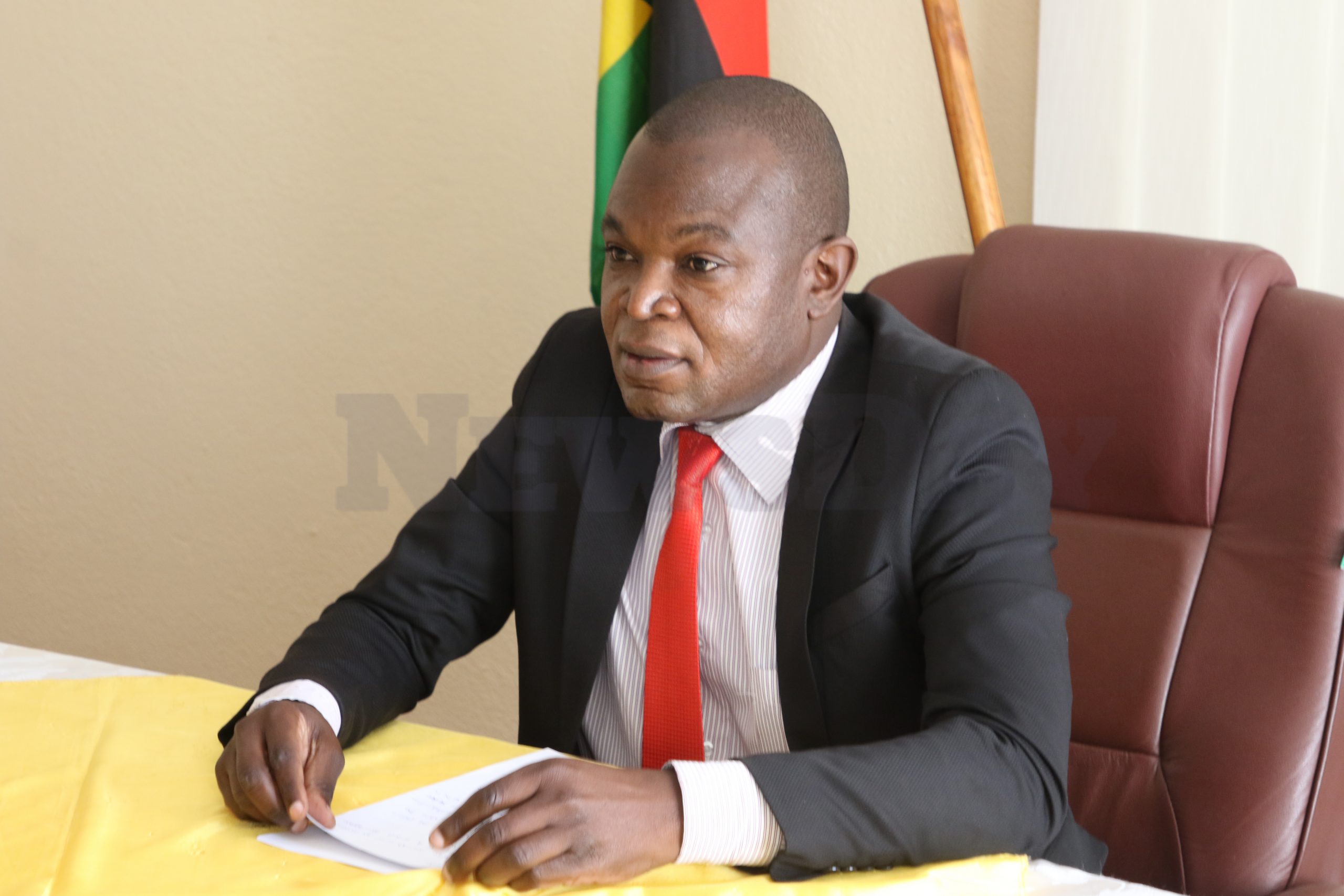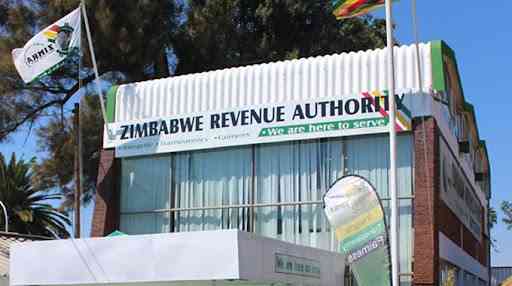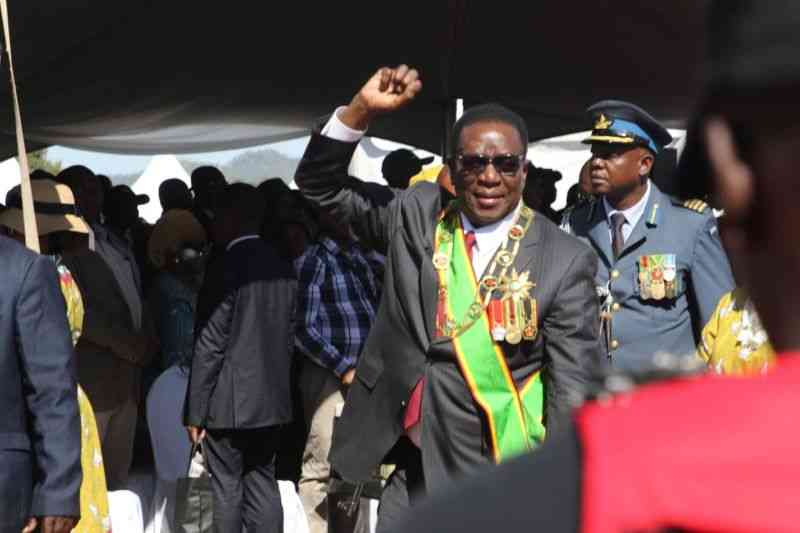
BY MIRIAM MANGWAYA GROWING discontent over measly salaries paid to government workers has forced police officers, one of the least paid sectors in the civil service to threaten bhora musango, a protest vote for the opposition in next year’s polls.
Government effected salary increments this month which saw nurses, including those in training getting around $150 000 plus the US$100 component and the US$75 COVID-19 allowance which is given to all civil servants.
Soldiers now earn around $98 000 at a time when police officers earn a paltry $43 000, making them some of the least paid civil servants, along with teachers.
This has stirred anger among junior police officers who have taken to social media to express their disgruntlement.
Threats by the police come at a time when other civil servants have planned a two-day full-blown strike beginning Wednesday over poor salaries.
Police and other security sector officials cannot partake in the strike.
On leaked WhatsApp chats, police officers, including high-ranking officials said they would embark on a go-slow and threatened protest votes in the 2023 polls.
“The solution is in the ballot, come 2023,” one officer (name withheld) said. “So the ruling party will just get the votes according to its preference on awarding salaries. The nurses, as they are the highest paid, will give it the highest votes, followed by the soldiers and they will get the least from us as they have done on salaries. The salary scale used by government should be the replica of the votes that it gets. We need to use our brains and know what works for us.”
- Chamisa under fire over US$120K donation
- Mavhunga puts DeMbare into Chibuku quarterfinals
- Pension funds bet on Cabora Bassa oilfields
- Councils defy govt fire tender directive
Keep Reading
Another police officer (name withheld) responded saying: “Maybe we are not taking the orders as we should for us to be treated this way. They want us to do it the Chihuri (former police Commissioner-General Augustine Chihuri) way. We should up our allegiance maybe, for us to be treated better. To make matters worse, we are not being given the resources. We are in tattered uniforms and our self-esteem has been degraded to the core. It is up to us, under these circumstances a go-slow is the only solution.”
In another group, the officers scoffed at themselves for “taking orders and victimising protesting citizens” when they were being rewarded with nothing.
This follows an incident where police officers beat up nurses at Bindura General Hospital for joining a nationwide protest over salaries and poor working conditions last month.
Police have on several occasions beaten those protesting against the economic crisis prevailing in the country.
“So we beat them up (nurses) and what did we get,” one police officer said.
“We actually necessitated them getting better salaries. You see, they were rewarded for being beaten up but what change did it bring for us? Even the riot police, we are in the same category yet they are always at the forefront of beating up people. Why? Government sees that we have a lot of energy, we are well fed and things are going on well for us and so it finds no reason to increase our salaries.”
Contacted for comment, national police spokesperson Assistant Commissioner Paul Nyathi said he was busy.
“I am busy at the moment,” Nyathi said, and he continued to ask NewsDay to call later throughout the day.
Home Affairs minister Kazembe Kazembe was not picking calls.
But Public Service Commission (PSC) secretary Jonathan Wutawunashe said salary negotiations differed from sector to sector, resulting in discrepancies.
“I cannot comment on nurses salaries. These are negotiated under the Health Services Board. Salary negotiations differ from sector to sector, but government remains committed to ensuring that civil servants’ welfare is well catered for,” he said.
Political analyst Eldred Masunungure said calls for better salaries by the police required urgent attention as it was a security threat.
“It is clear that what they are saying is the same situation that is prevailing in the public sector. Unfortunately, the laws regulating the security sector do not allow them to strike. But when there is such discontent, it becomes a security threat. We expect peace and order to be maintained by people who are happy.
“How can the public invest its confidence in the security officers who are disgruntled? Government should urgently address this. There is no problem for the police officers to vote for the opposition. It is their constitutional right. What is worrisome is this audacity to challenge the government, which we have not seen happening previously.”
Another analyst Effie Ncube said: Government’s mismanagement of the economy will erode even its hold over the security forces. Police and army officers, men and women, are also family people who have to pay bills and buy food and clothes for their families. Their current salaries cannot afford them a decent living. As such, they are likely to vote for the opposition in their largest numbers than ever before. Without a vote from the security forces, Zanu PF cannot win even a rigged election.”
A report on the state of police that was presented in Parliament in March this year revealed that morale was very low in the police force due to poor conditions of service, including low salaries.
- Follow Miriam on Twitter @FloMangwaya










